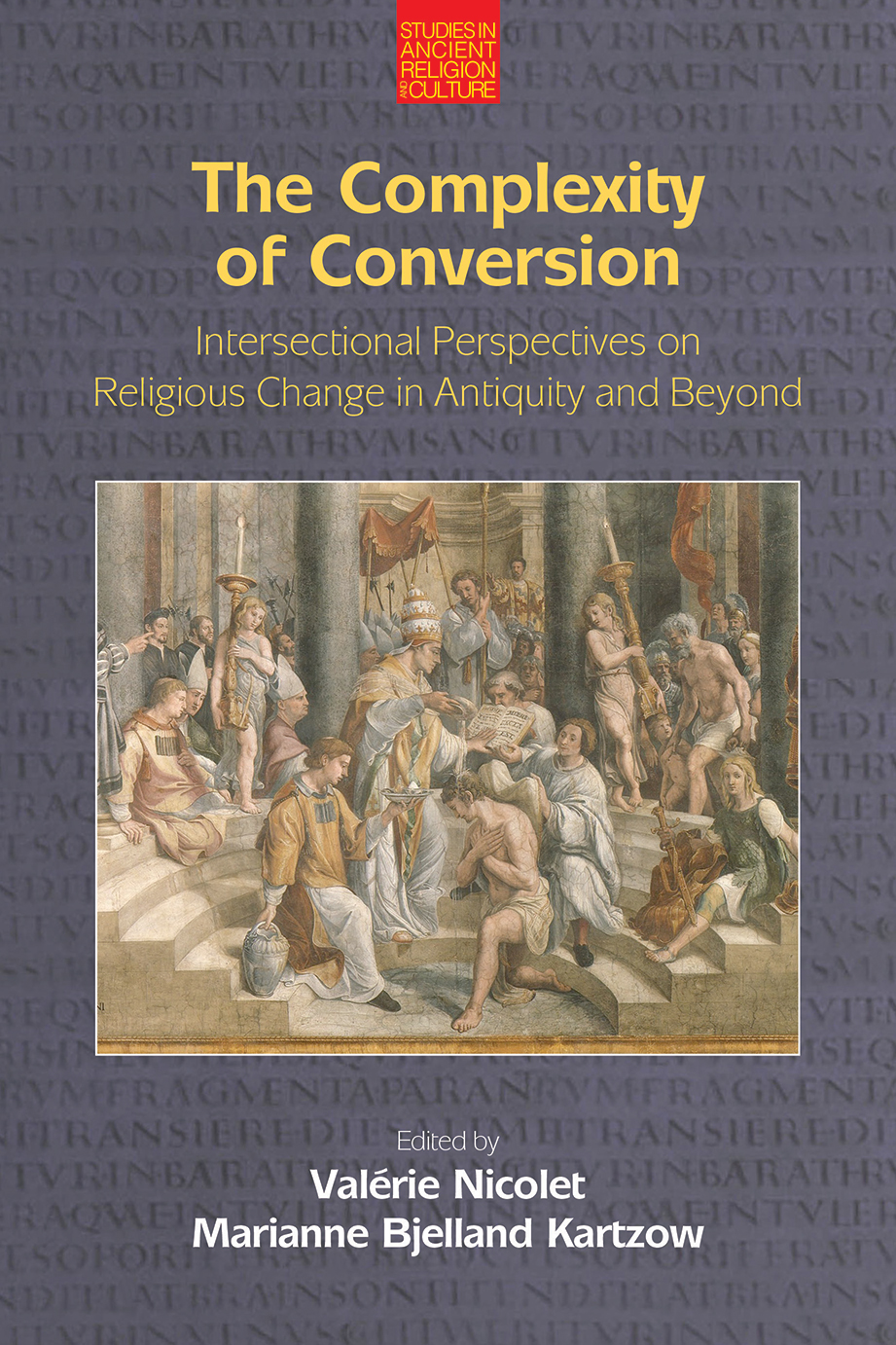The Complexity of Conversion

ID: 2435 - View Book Page - Edit In OJS
Today, conversion is a contested religious, political, and personal phenomenon, and that was also the case in the ancient world. Using several primary sources (Jewish and Christian) and case studies, this volume discusses what this change could have meant for various individuals or groups of people in the ancient world and argues that conversion can best be understood through an intersectional perspective, an approach that includes gender, class, ethnicity, and age, as well as political and economic elements in its analysis of conversion.
The volume also acknowledges that a discussion of conversion benefits from taking into account conversion’s history of reception. Case studies from the reception history as well as contemporary examples of contested conversions (for example, from Christianity to Islam or vice versa) are also brought to the table.
In sum, the book addresses the complexity of conversion, using a range of cases, texts and theories, and initiates a dialogue between ancient sources and present concepts or practices. Close readings of ancient texts play a central role in the project. Yet, the book also considers how sacred texts and their receptions have influenced the way we generally think about conversion as religious change.
Published: Oct 6, 2021
Series
Reviews
Offers something new and worthwhile to scholarship on conversion in antiquity.
Matthew Thiessen, McMaster University
Makes a significant contribution not only to the discussion of ancient conversion experiences but also to the discursive framework in which we as modern scholars try to understand those experiences.
Zeba A. Crook, Carleton University
This book offers a broader understanding of conversion as well as new terms, such as "religious change" and "multiple affiliation". Far from denying the existence of the phenomenon of conversion in the ancient world, this book shows its various aspects, employing the notions of inclusion and exclusion. The phenomena of conversion are linked to mechanisms that create "insiders" and "outsiders". The authors of this volume show that these mechanisms, then as now, are not only controlled by personal by personal choices, but are also linked to complex realities that involve cultural, social, economic and ethnic affiliations.
Études théologiques et religieuses
The volume offers variety and is a valuable read for anyone working with theories of conversion and identity.
Catholic Biblical Quarterly